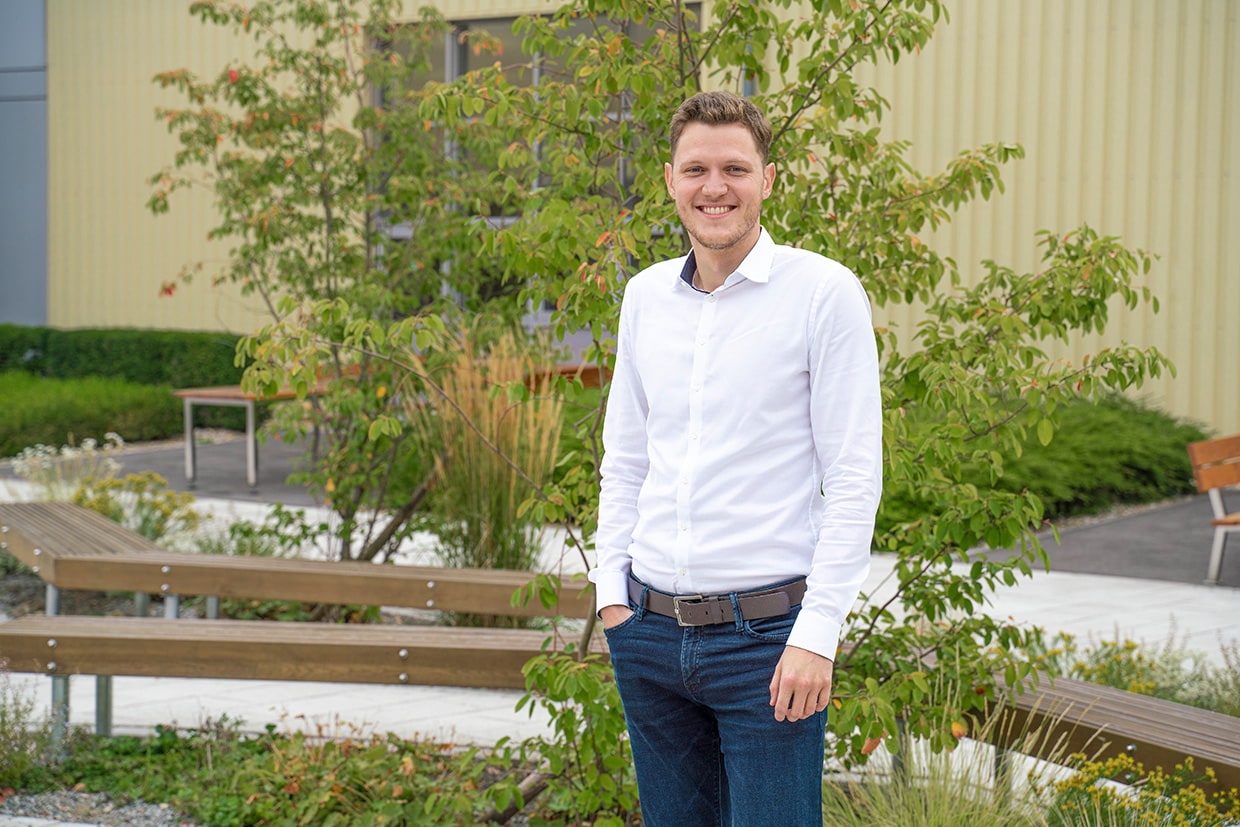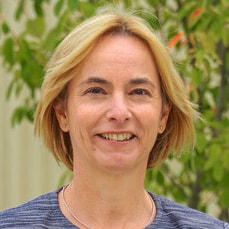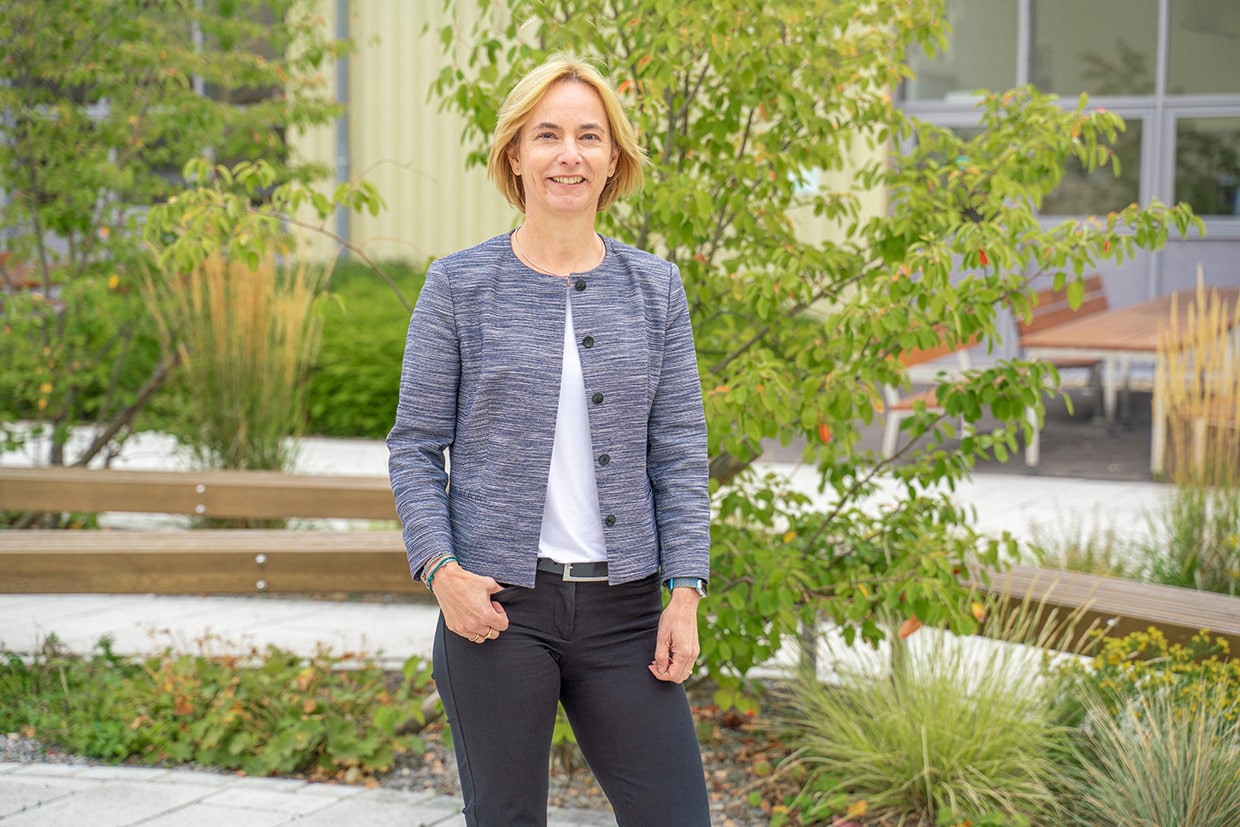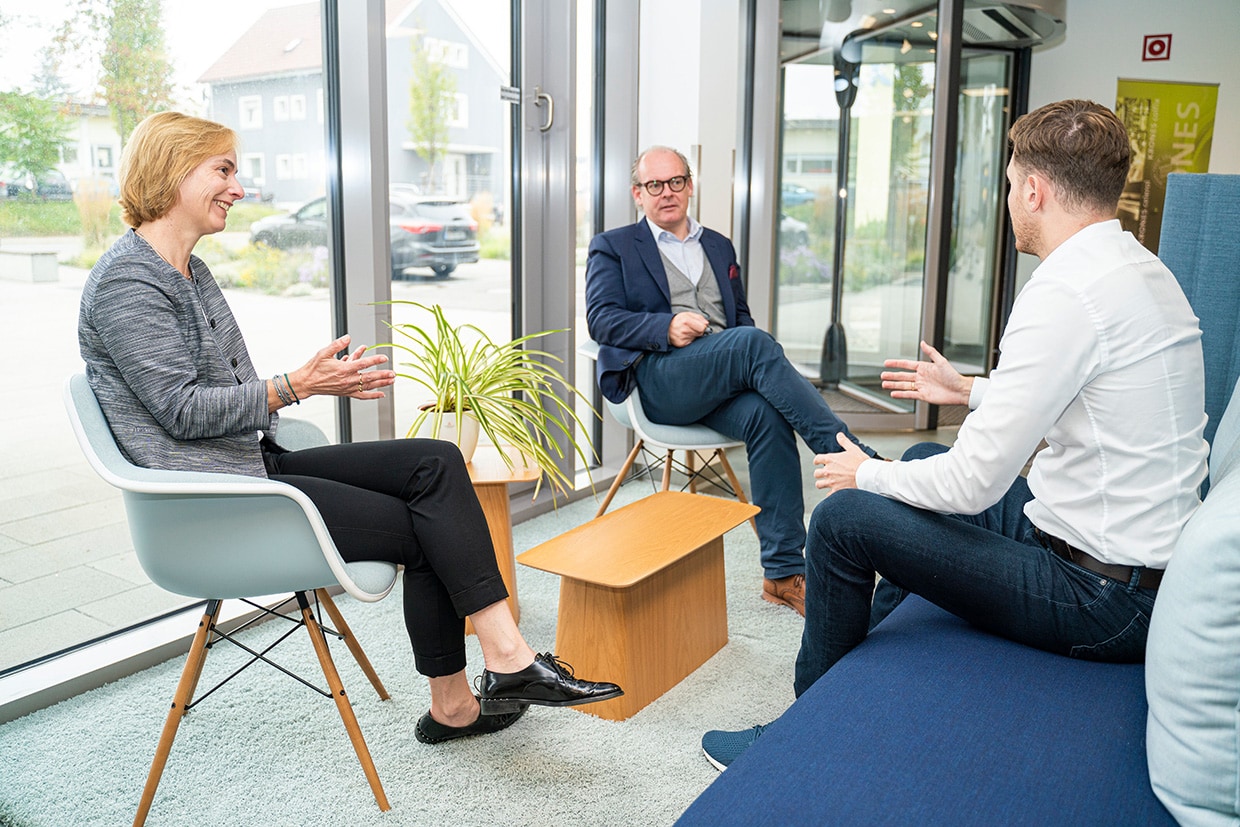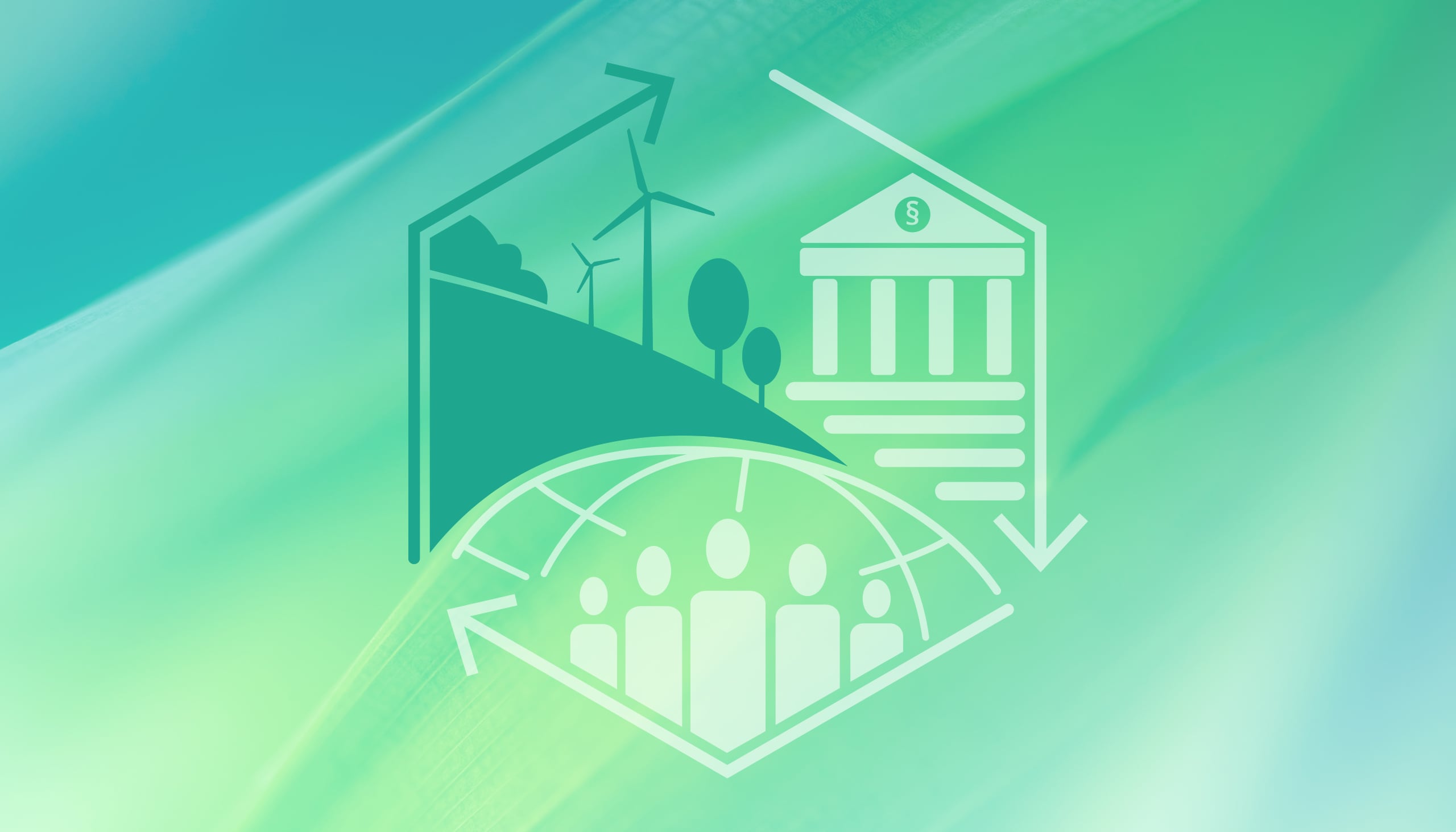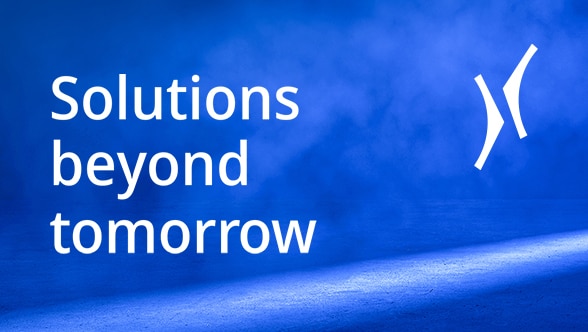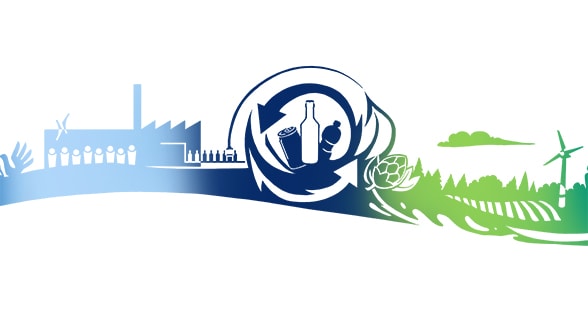Is ecological sustainability synonymous with climate protection for you? Or to put it another way: Where does this strong focus on climate targets come from?
Steger: My answer to the first question is an unequivocal “No”. Sustainability is very multifaceted – also reaching beyond ecological aspects. So the objectives we want to achieve by 2030 are very broadly based and also include fields like ethics and social sustainability, for example. The focus on climate protection stems from the fact that we achieved the emission target we had set ourselves for 2020. In a first step, we therefore concentrated on defining a fresh, more ambitious climate target.
Kramer: The fact is, climate protection is one of the most crucial issues of our time. But it would be wrong to make it our sole focus. We have to factor in all the different facets involved and tackle them together with the specialist departments in the group.
Birk: I would also sign up to that for product sustainability. Sure, emissions are at present the top issue for our customers. But our enviro program has always been more broadly based and does in fact include media-efficiency and eco-compatibility. And in many processes, these things are closely correlated: If I cut media or water consumption, I will usually need less thermal energy, too. So all these fields of action are equally important for us.

